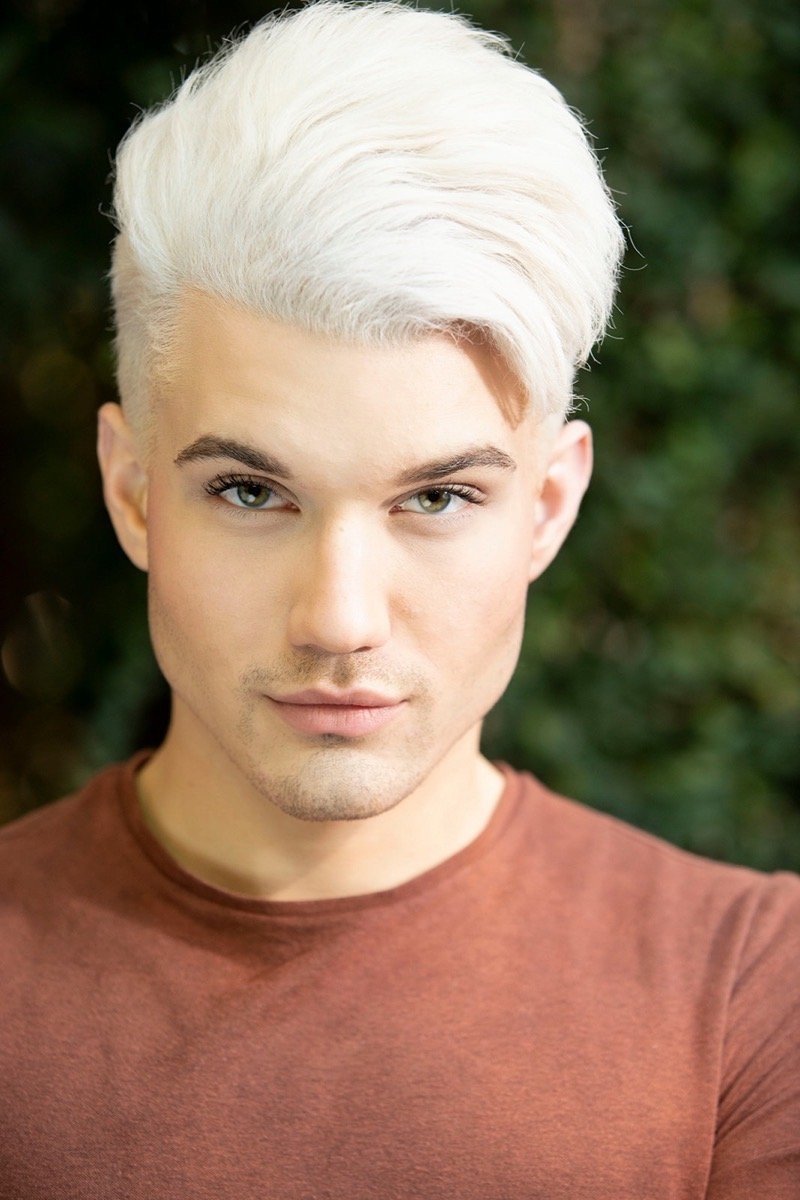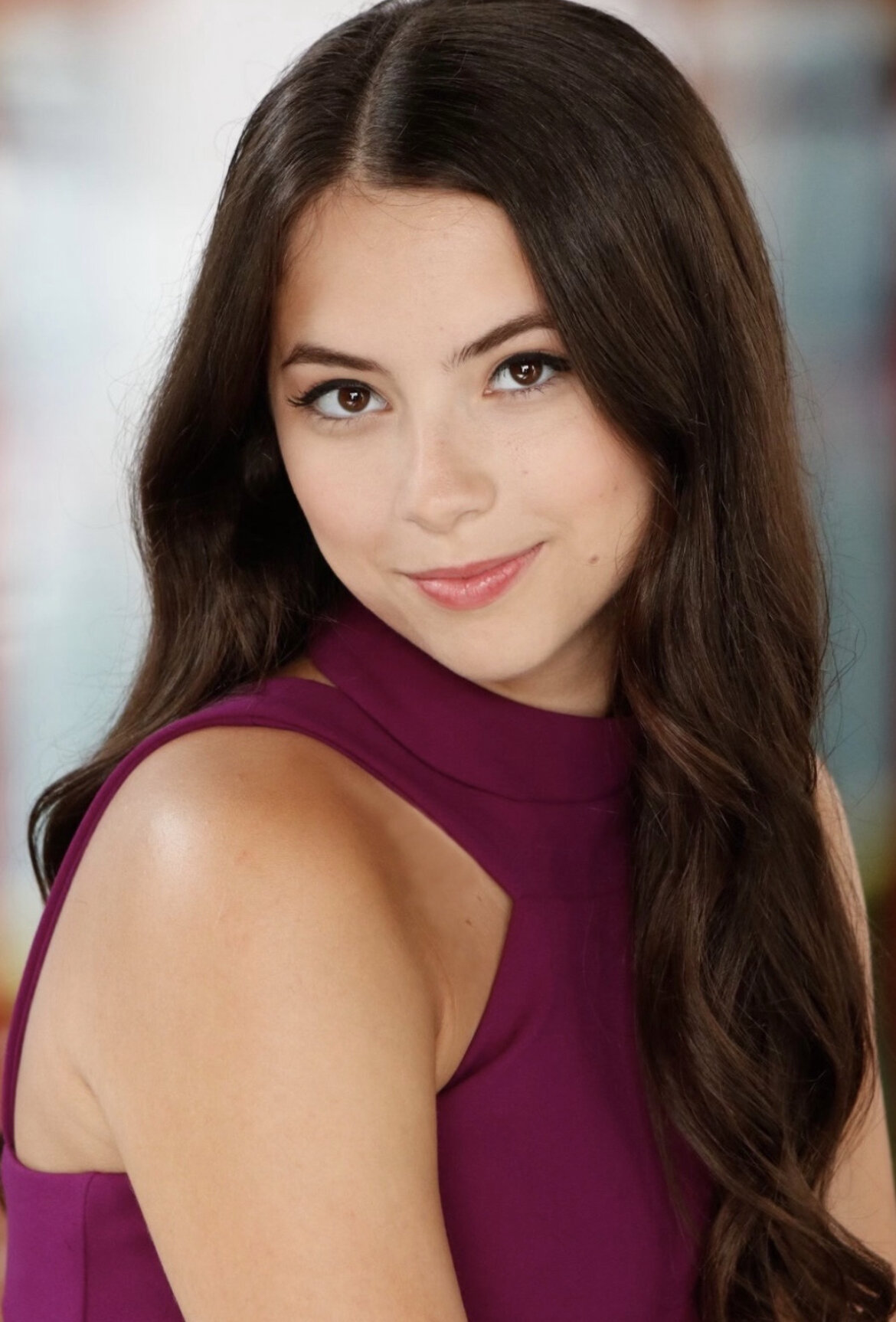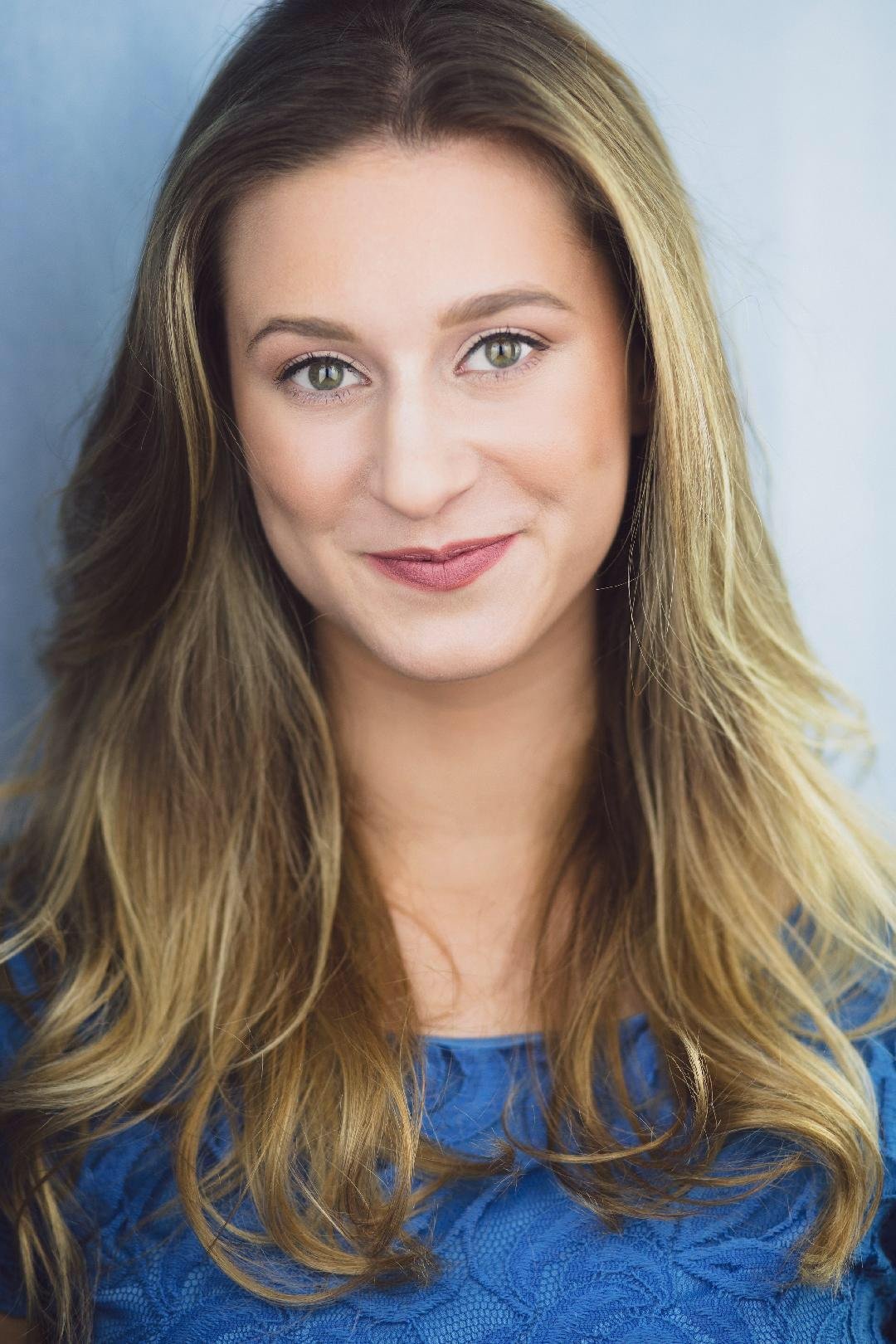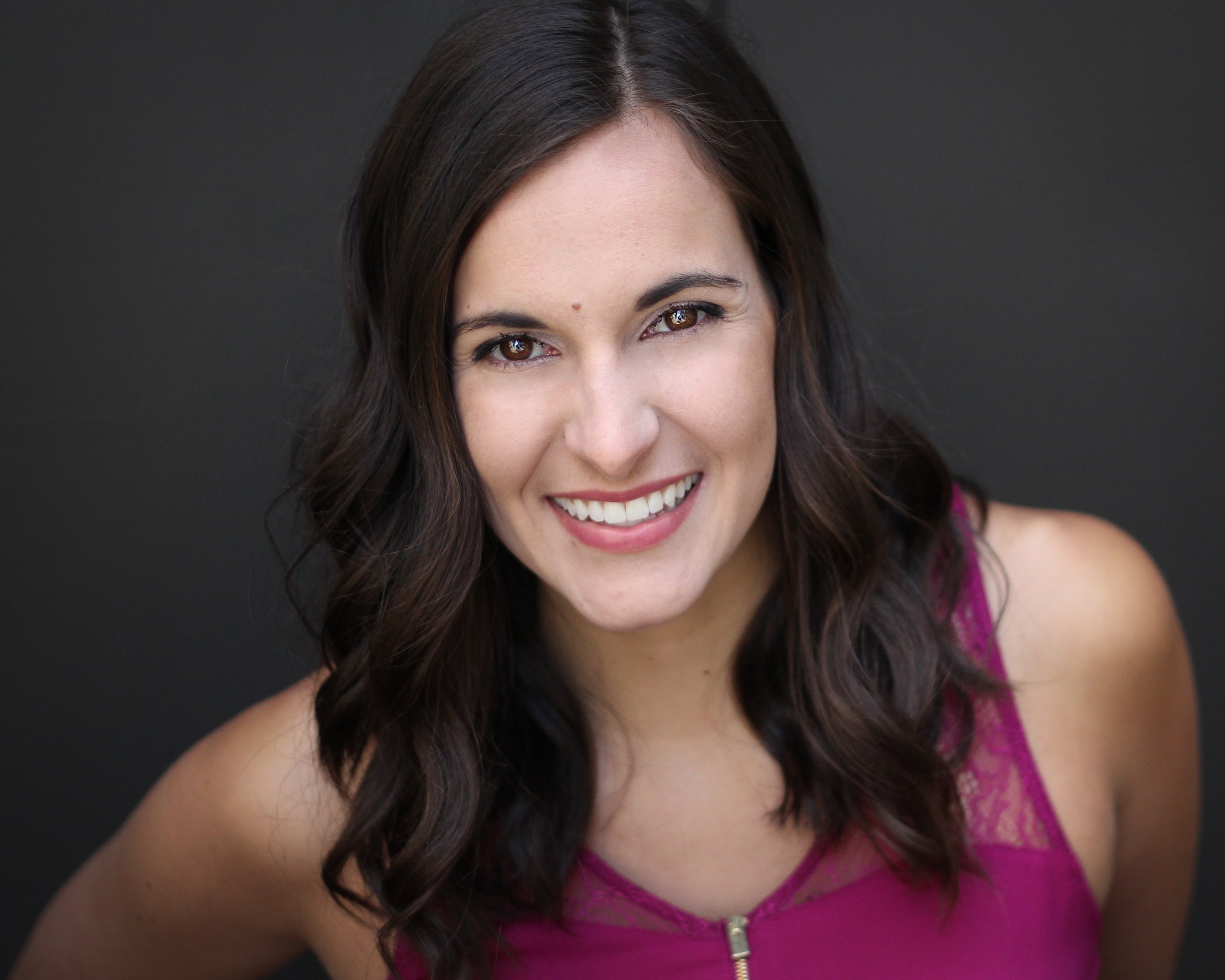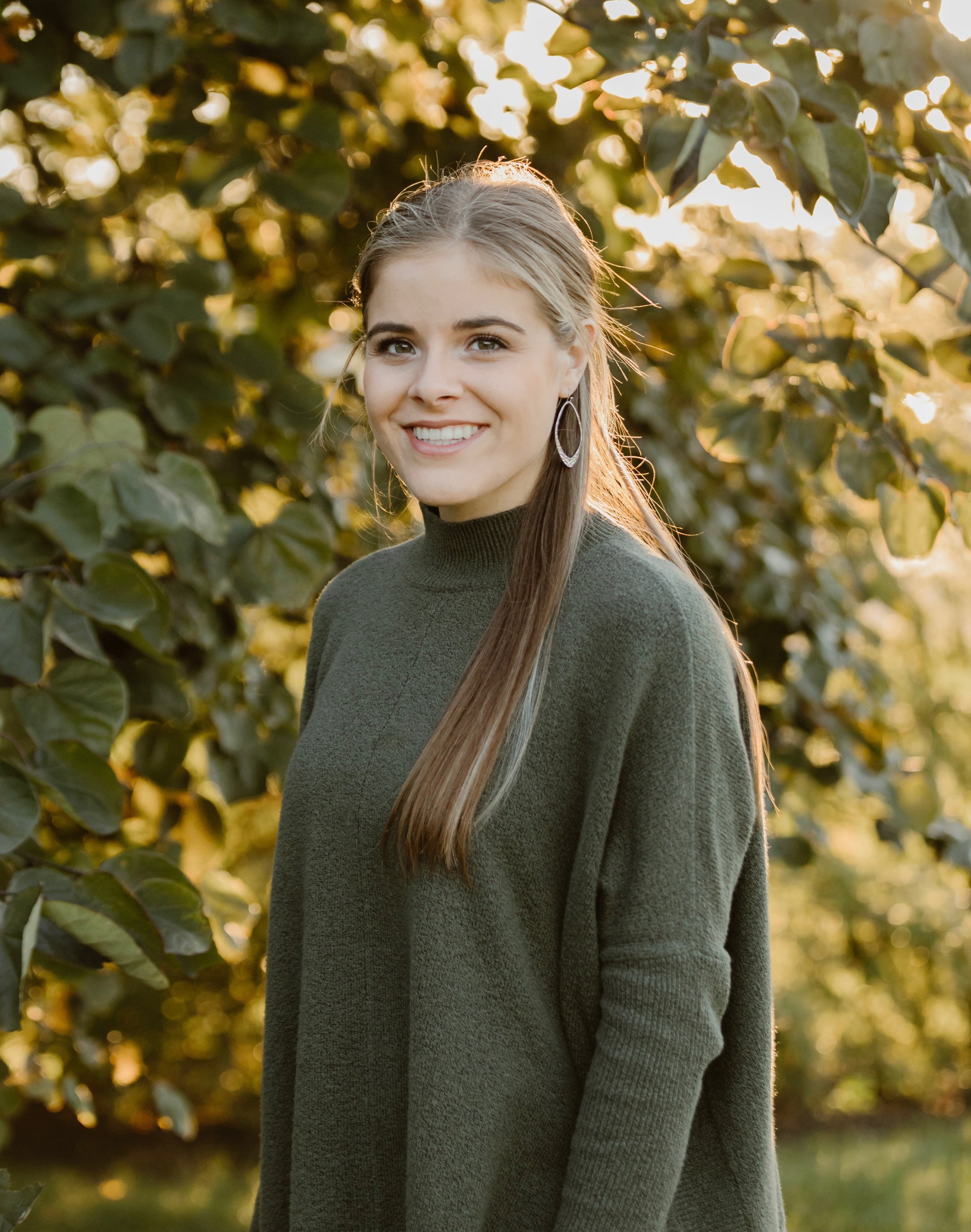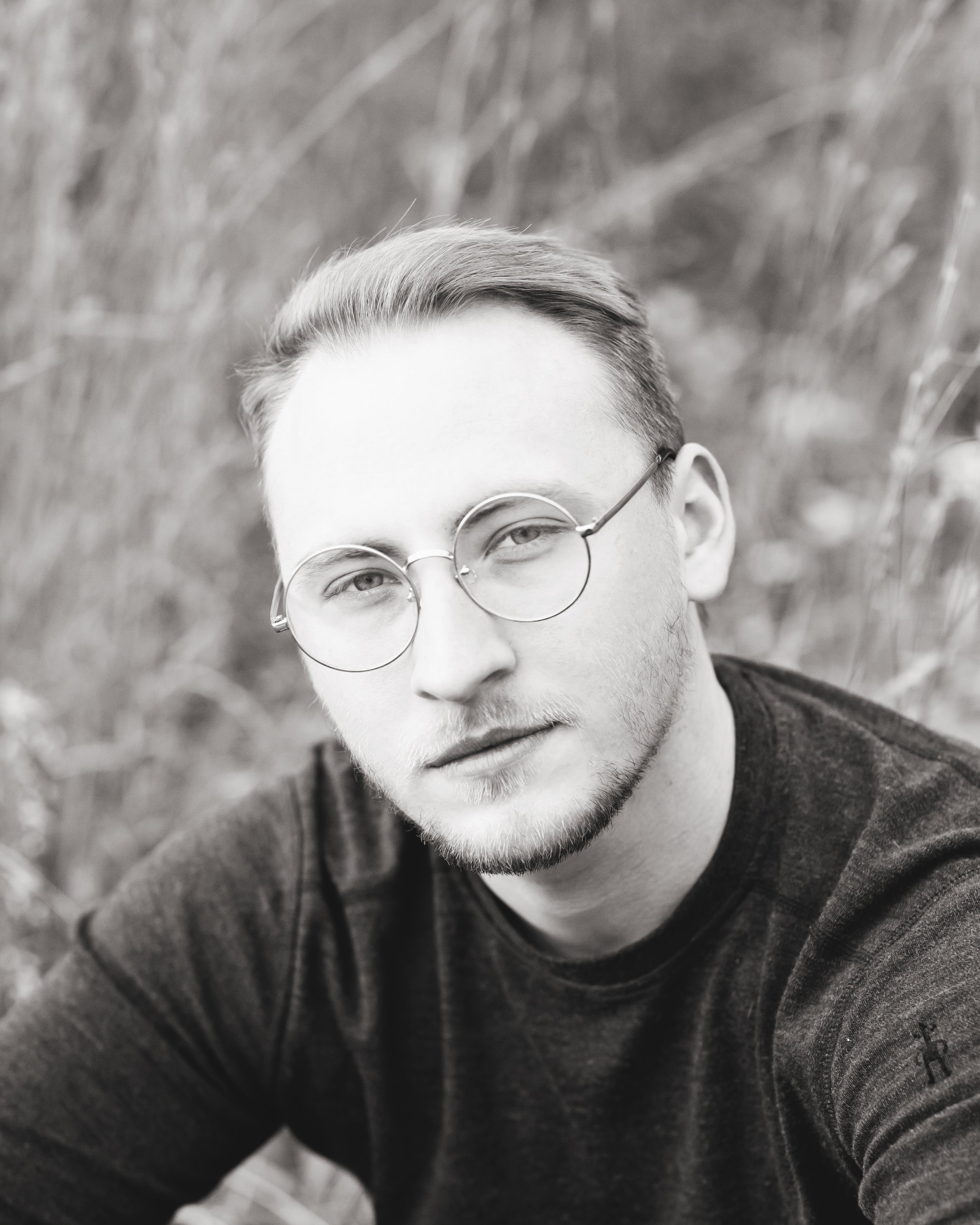
University of Georgia’s Hugh Hodgson School of Music
“Michael Hadary has a warm baritone and a winning manner as Julian.”
-Jane Horwitz, The Washington Post
Teaching Philosophy
When learning to sing, success is not a goal; it is a byproduct. In fact, focusing on the end goal without prioritizing the necessary journey, often keeps us from reaching our destination. As a teacher, I provide guidance on this journey, meeting students where they are while encouraging exploration of their craft. My approach is both holistic and student-centered. Through this lens, I provide singers with tangible, evidence-based vocal technique and practice tools to cultivate their authentic artistry.
When mentoring my ultimate goal is for students to outgrow my guidance in order for them to create something unique to share with the world. I work to set up a brave space where students can be vulnerable in the exploration of their craft. Within this space, I encourage a sense of play allowing for vocal, dramatic and physical discoveries as personalized processes are built. These processes allow for power, finesse, and flexibility providing singing artists sustainable options necessary for a rigorous career in the singing arts.
Essentially, my goal is to teach healthy, versatile singing. I utilize a variety of methods to help students balance breath energy throughout their range while making aesthetically appropriate registration and resonance choices for their material. These qualities range from “whiny” or “twangy,” to simple speech, to rounder, fuller “loft” or “hoot” qualities most often found in classical music. While always leaning towards their course of study, I cross-train singers in these qualities providing them options for the various styles they want or may be asked to sing. When a singer fully grasps and utilizes their numerous possible vocal choices, easier transitions between styles are achievable and repeatable.
This said, no matter how dynamic a singer’s voice may be, they can only go so far without a dramatic connection. I help students blend these aspects by incorporating acting, movement, and mindfulness concepts into both and repertoire work.
My initial goal as a teacher is to build trust. I begin by communicating that mistakes are not only allowed, they are encouraged. If we let them, mistakes can function as opportunities to learn. From there, I encourage active participation in class/lessons. To help them make discoveries, I offer questions and prompts creating a dialogue that can deepen physical and emotional awareness, stimulate critical thinking and promote integration with other areas of study. Engaging them in this way empowers students to practice their craft with their whole self and not just one element of their instrument. This is a vocal art and a process that integrates the mind, body and soul is imperative to growth as a performing artist.
I pride myself on patiently meeting students where they are, carefully listening and acknowledging their specific needs. Some students are better served with a more nuanced approach. When this is the case, my objective is to help them feel valued and validated in their experience of the world and in the arts. This fosters a “brave” environment where they can take necessary risks for artistic development. I also seek to create opportunities for students to learn from artists and scholars with similar identities. Seeing professional excellence from people like themselves allows students to more easily imagine themselves in the field; Representation matters.
Additionally, I teach students strategies for effective practice, encouraging them to explore what works best for their process. This is a very important step in any artistic journey, as the ability to effectively integrate skills and hone their craft in practice time allows singers to own their work and move beyond my studio. Some of these strategies include traditional methods like lesson recordings, but also more modern, neuroscience based techniques. These can include shifting perspectives on practice frequency and duration, employing intentional failure to increase neuroplasticity and strategies to make mental reps more effective (especially when physical limitations have been reach on a particular day).
My empathetic and student-centered mentorship emphasizes the journey and celebrates the process of learning. Through tailored instruction, I guide a broad spectrum of students through a process of self-discovery, helping them develop critical thinking skills and their own unique, artistic voices. As a result, students become confident, adaptable performers, well-equipped to thrive in the ever-evolving world of music and theatre.

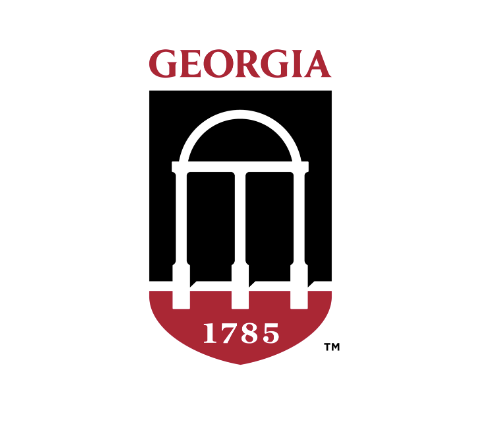
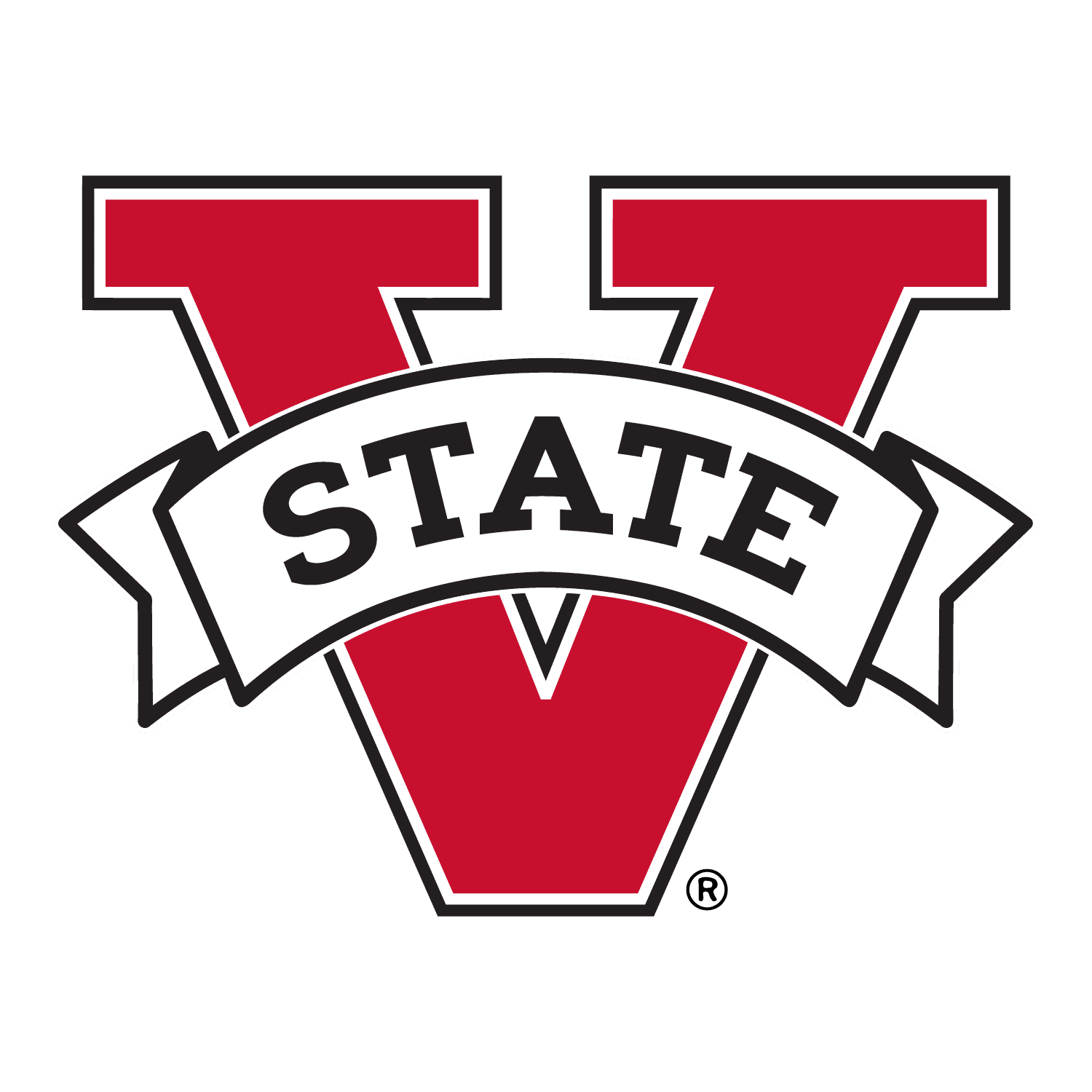
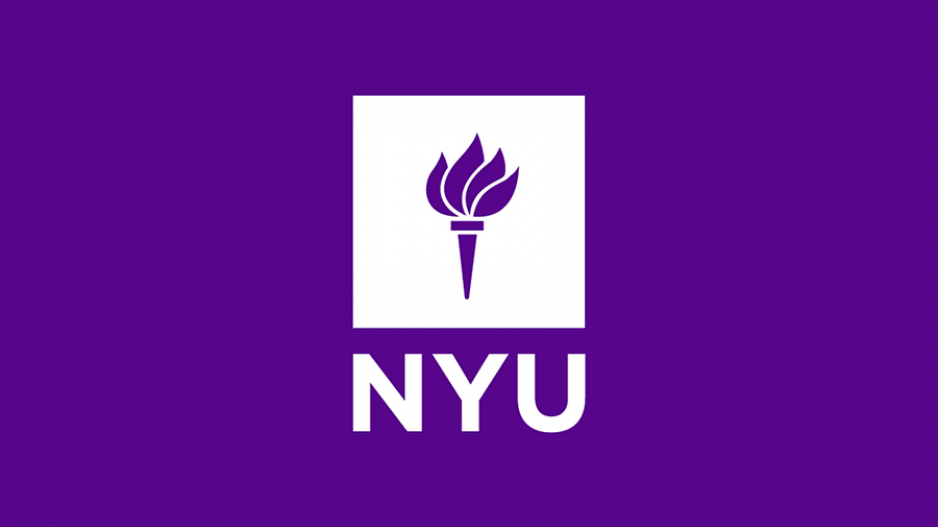
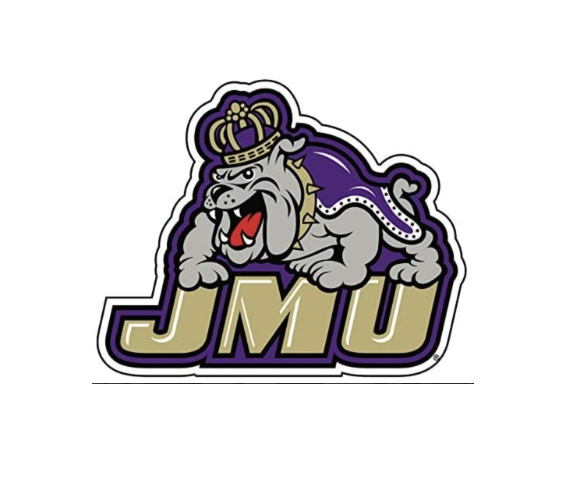


What People Are Saying
“I am a professional actor/singer who’s worked on Broadway and national tours for years. I have been taking voice lessons since my teens and I’m now in my 40’s. I’m shocked when I can learn something new at this stage. All I told Mike before our lesson is “my voice feels stuck.” He had me sing a little and gave me a handful of new, very useful tools to shake up my warm up, loosen my tight larynx, and help me with focusing my placement. What makes Mike unique as a teacher is his intuitive ability to detect problem areas which then allows him to come up with exercises and solutions that will assist you on whatever you’re working on.”
— John Dias (Bway: Beautiful and Jersey Boys)
”Working with Michael has given me the permission I needed to use my voice, all of it. It’s been a game changer. I sing with a new level of comfort and confidence now knowing that no part of my instrument is off limits to me.”
—Daja Rice
“There is something to be said about a vocal coach & teacher who lacks ego. Someone who is willing to listen, accept praise & criticism to build a better, more productive learning environment for his students. I happily credit Michael Hadary for a lot of my growth during my time in undergrad at UGA. There aren't enough good words to describe our work together, so I'll just say this: go work with him!”
— Olivia Bell (UGA Alum)












